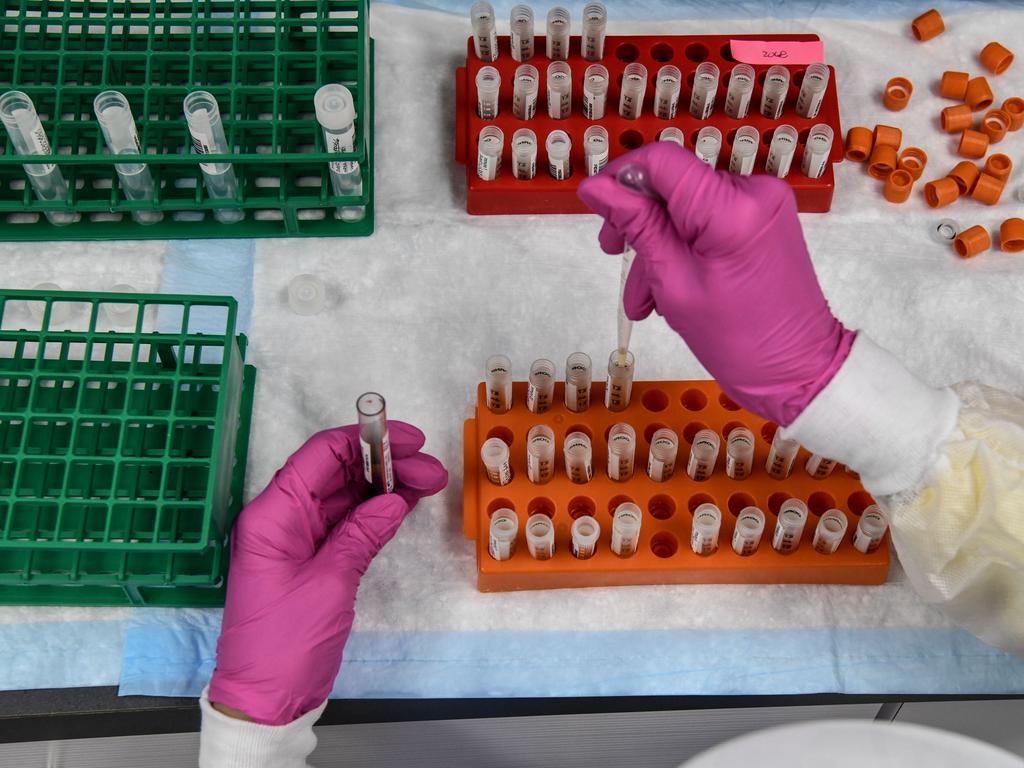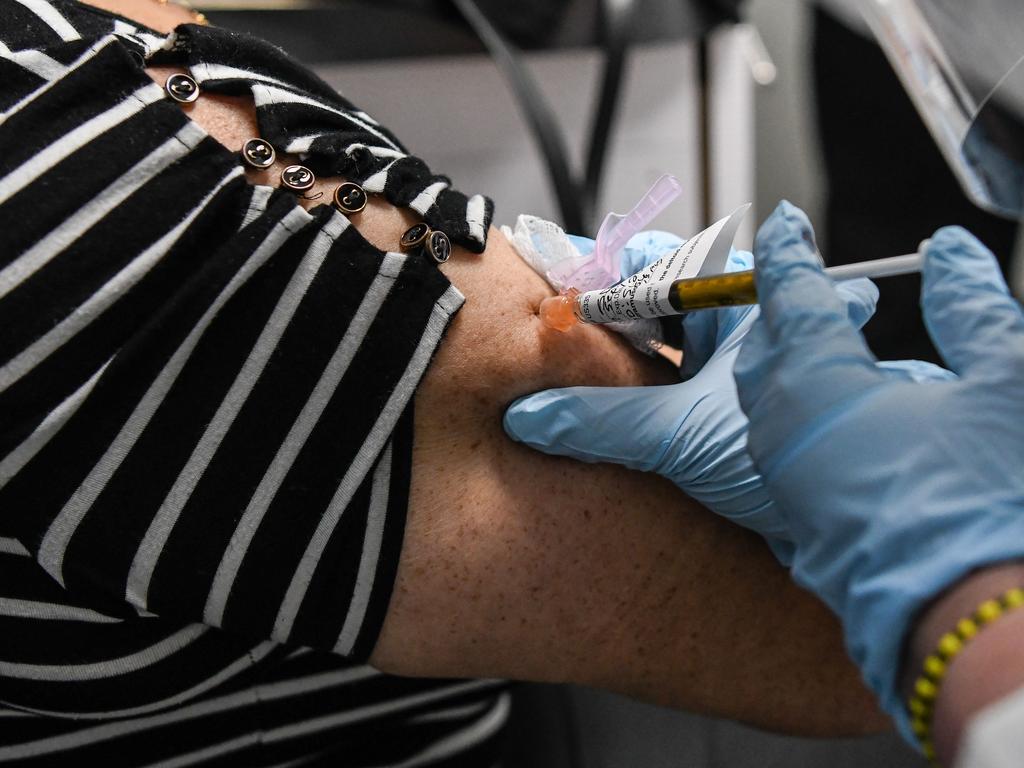Coronavirus vaccine: How long immunity lasts, multiple jabs probably required
Researchers have made a breakthrough in research into COVID-19 immunity, but say multiple jabs could be required to keep the virus away.
Researchers have made a breakthrough in research into COVID-19 immunity, but say multiple jabs could be required to keep the virus away.
Melbourne scientists at Monash University, The Alfred Hospital and the Burnet Institute have been working away to determine how long the human body recognises coronavirus after infection.
They say the body “remembers” the virus for well over a year, which is good news for its ability to fight it off if and when it returns.
The Herald Sun reports that researchers tracking the immune cells of 25 patients who were infected with the virus in Australia could still fight it off 242 days later.
RELATED: Follow the latest coronavirus updates

RELATED: Truth about experimental vaccines
“Everybody was alarmed initially that the (coronavirus) antibody levels go down,’’ Monash University’s Associate Professor Menno van Zelm said.
“But this is really the initial response and once the infection clears you do not need such high numbers.”
He said it was likely a vaccine would work the same way but researchers could not say definitively whether a booster was required after the vaccination.
It comes after scientists in California last week predicted coronavirus immune cells do their work for years.
Monash University researchers announced in April that they were working on a study to detect a person’s risk of falling severely ill with COVID-19.
RELATED: Virus killing one person every eight seconds

RELATED: Vaccine could lead to ‘escape mutant’ strains
The researchers from the university’s Central Clinical School said they could “determine how good the immune response is and whether a person is at risk of developing severe symptoms”.
The breakthrough is good news in the fight to return to life as normal after the pandemic and follows reports from drug giant Pfizer that researchers are “very close” to applying for emergency use approval for vaccine in the US that they say is 95 per cent effective.
“We are very close to submitting for an emergency use authorisation,” Pfizer’s Albert Bourla told medical news site Stat. “We will announce it as soon as we are doing it.”
The FDA had imposed a requirement on COVID-19 vaccine makers of having at least two months of follow-up with volunteers after their second dose, taken 28 days after the first, in order to ensure the drugs are safe.
RELATED: Has coronavirus made you nervous about travelling? Have your say in our poll

Pfizer CEO Albert Bourla said it “urgently” needed to “get a safe and effective vaccine to the world”.
He said Pfizer would apply for emergency authorisation within days.
Enrico Bucci, a biologist at Temple University in Philadelphia. said: “Today is a special day.
“A first in the history of mankind: Less than a year from the sequence of the virus to the large-scale clinical trial of a vaccine, moreover based on a whole new technique,” he said.
Pfizer says its vaccine, called BNT162b2, was well-tolerated and that side effects were mostly mild to moderate and cleared up quickly.
The company said the only severe adverse events experienced by volunteers were fatigue and headaches.
– with Victoria Craw



